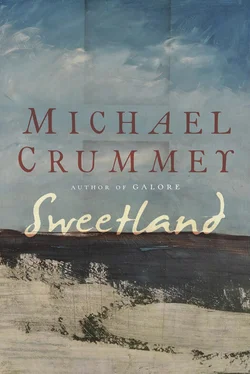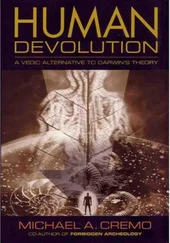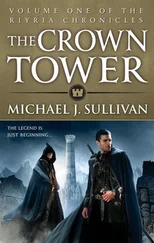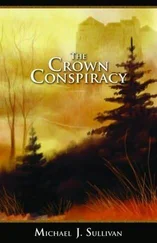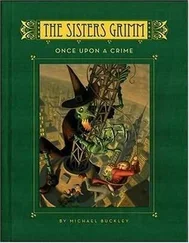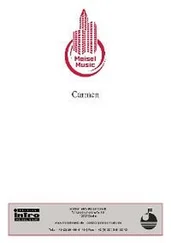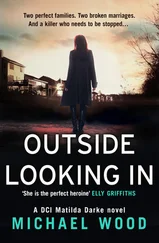The weather had turned for fall and even the warmest days had an edge to them, the wind cold enough to warrant a jacket. The dark coming earlier each evening, and he was often surprised to turn from the glim of light on the horizon to see the cove already settled into night. The abandoned buildings huddled and lifeless, their windows black. A gaudy rash of stars above them.
He’d expected the place to feel larger with everyone gone, the way the house had after his mother died. Echoing and unfamiliar, caverned with absence. But it seemed smaller and strangely intimate, as though it had shrunken down to fit his solitary presence. Licked clean of all claims but his own. He went freely into houses he hadn’t thought to enter in decades, picking through pantries and kitchen cupboards for tinned food, for pickled beets and onion and bottled moose. Combing through closets and drawers for clothes or materials that might be useful, for batteries and tools and utensils.
Toilet paper.
He hadn’t thought to purchase any in Miquelon and had only five rolls under the bathroom sink. That scarcity worried him as much as his meagre store of food. In all the houses he’d gone into, there was never more than what had been left on the dispenser beside the toilets. Often not even that. He expected to run out before the snow settled in for the winter and he lay awake nights, walking himself through houses and sheds in the cove, picturing what he might be able to use as an alternative. Cut-up squares of carpet torn from a floor, rags made from clothes left behind in closets, unused rolls of wallpaper. Nothing seemed the least bit practical or likely. He considered Duke’s slender stack of magazines at the barbershop but he knew the glossy paper was a lousy substitute. And in the process of dismissing the magazines, Queenie’s library of romance and mystery came to mind.
He had rifled through almost every building in Chance Cove, but hadn’t stepped foot in Pilgrim’s or Queenie’s, out of respect for the most recently passed. He had to pry the nails from Queenie’s door to get inside, stood still in the kitchen a minute. Cold must, the expectant stillness of objects abandoned in a rush, ages ago. A cup and plate left on the counter. Queenie’s ashtrays scattered on every flat surface, though they’d been cleaned of their butts and ash before the funeral. The mouth of the green fridge propped open with a broom handle. Avocado green, Queenie said it was. She’d never seen an avocado in her life and didn’t know if it was fit to eat, but it was a nice shade of green. A calendar on the wall beside the fridge showed July of last year. The house like a stopped clock, waiting for someone to wind the spring to start it ticking again.
Sweetland walked through the living room to the stairs. He’d never been up those steps in his life and he went cautiously, as if he might happen on someone coming out of the bath in their small clothes. Had to stop himself calling hello to the empty space. He found the books against one wall, beside the bed. He hefted three boxes from the top of the nearest pile and made his slow way along the hall. Another waist-high row of boxes stacked two deep in the spare room. “Well, maid,” he said. “I’m set for a while anyways.”
He rationed his use of the radio to save the batteries, listening for the forecast in the morning and allowing himself half an hour before he doused the lamps at night. He missed the comforting chatter when he was about the house or working in the shed during the day, the background voices giving the weather or arguing the import of some political upheaval half a world away. He’d never sat inside without that company. Even when he worked at the lighthouse he carried a radio wherever he went, setting it near a window to lessen the static. Saturday-night blues on the CBC, rogue signals washing ashore from the States. Even French-language stations from Montreal and St. Pierre he could listen to for hours at a time, just for the impenetrable music of their conversation.
Everything around him seemed louder without it, like someone had turned up the amplifier on the world. The steady metronome of the tides, the endless industrial racket of the gulls. The sound of rain approaching out over the ocean, how he could hear it coming miles off before it hammered across the island like a herd of wild animals passing through. A storm door kicked off its latch somewhere in the cove, banging and banging and banging in the wind, until he walked down the path to find it and tie the latch shut with a length of twine.
A couple of times a week he ambled as far as Duke’s barbershop. Missing the man’s company. He sat in the barber’s chair and he used one foot to spin a lazy circle, not looking at himself in the mirror as he passed it. The place managed to smell like a barbershop though it had never operated as one, Barbicide and shaving cream and cheap aftershave, a richly chemical soup that Sweetland found calming. He always gave the chessboard a cursory once-over before he left the shop, shaking his head at the lack of progress, the two pawns locked in their stalemate. “Duke Fewer,” he said, “I got half a mind to put you on a clock.”
On Sundays he did no work and he made the walk to the light at Burnt Head, just to fill the day. After his night huddled beside the cistern he had cut the padlock on the old light-tower door with a hacksaw and he went out there specifically to revisit it, climbing the ringing metal stairs to stand at the high windows of the glass room, watching weather systems play across the horizon in their massive swaths of cloud and precipitation and wind. He brought binoculars to scan the open ocean, across to the dusky outline of St. Pierre and Miquelon where the Frenchmen carried on their imaginary European pantomime, and back to the cliffs of Little Sweetland.
Most days there was nothing else to see. He felt nearly invisible up there and he didn’t mind the feeling as a rule, though now and again he was blindsided by an apocalyptic loneliness he was afraid he might be unequal to. As if he was the only living creature on the face of the earth. He hadn’t consciously thought what it would be like to be alone on the island, imagined it vaguely as an extension of his experience working at the lighthouse when he spent most of his days to himself. But he was coming to see that those years of seclusion were diluted by comparison — a temporary appointment, an approximation of solitude.
He stopped at the King’s Seat whenever he passed it, looking down over the cove and east and west to either end of the island. I’m the king of the world was the phrase that came to his mind, though he never spoke the words aloud.
Beside Pilgrim’s house, the only other building in the cove he hadn’t gone inside was the church. Knowing already there was nothing in there of any use.
A bishop or deacon or some other church mucky-muck came out from St. John’s to hold a deconsecration service in July, and Sweetland was hired to close up the building, shutting off the power and boarding the windows with plywood. The Reverend standing by as he worked, handing him the hammer or the drill, holding the boards as Sweetland fixed them in place.
What is it you’re trying to save her for exactly? Sweetland asked.
Just sentimental, I guess.
Sweetland was about to lock and board the main doors when the Reverend decided he wanted to do a final walk-through.
Afraid I might be forgetting something in there, he said.
The only light inside came from the vestibule where the doors stood open and the two men carried flashlights into the artificial gloom. The pews receding in their dark rows like waves strobing onto a beach. They went through to the back office where the cupboards and closets had been cleared out. The air smelling of old carpet and bleach. The Reverend rummaged through the abandoned desk, holding the flashlight with one hand and rifling with the other. Two drawers whistled shut in quick succession and he cleared his throat, the way Sweetland remembered him doing before starting in on his sermons. Pardon me , it sounded like.
Читать дальше
